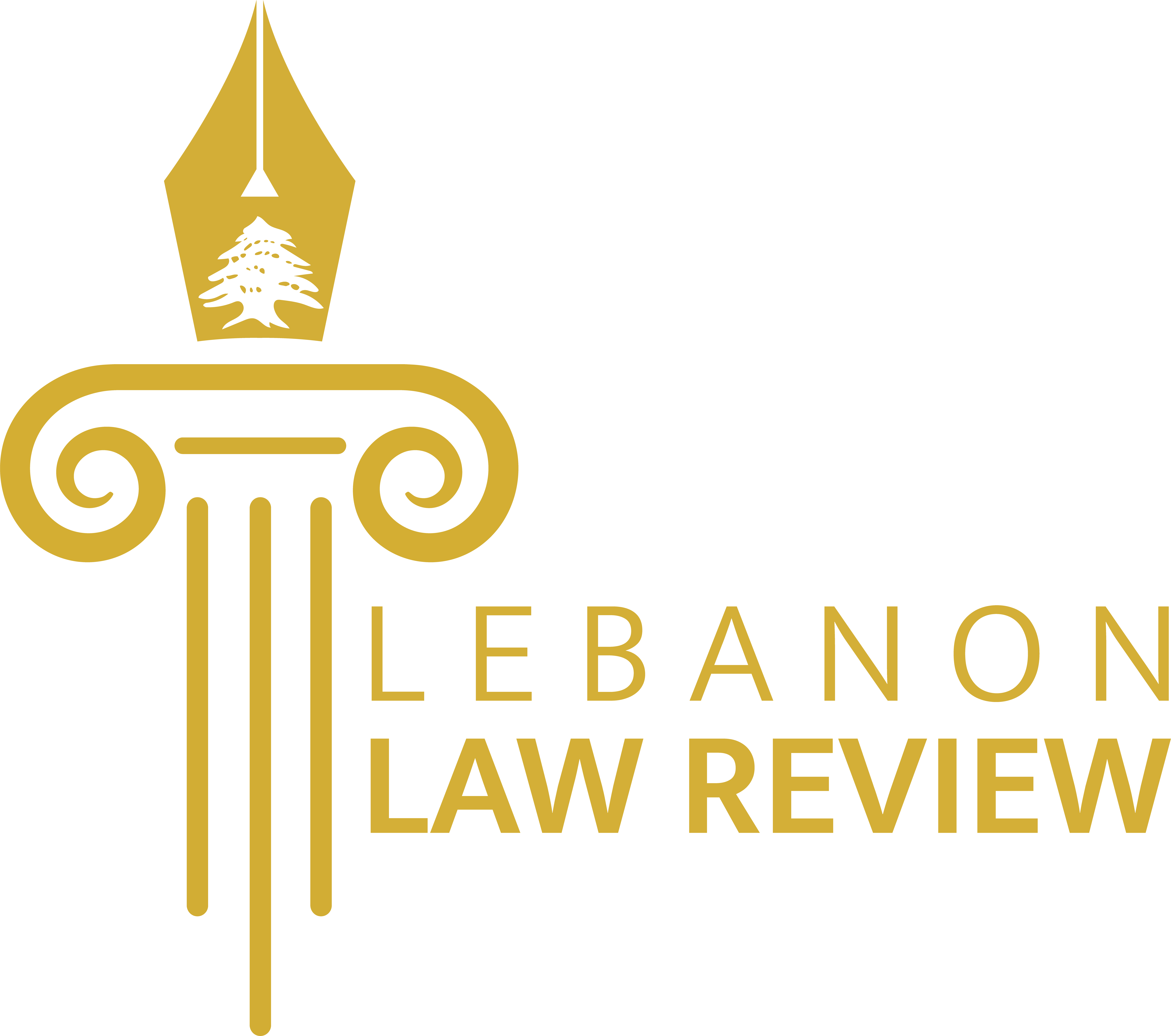This opinion piece, written by Jad Chahrour, explores the case for government intervention by the US in the markets following the EU Model. The United States of America, the most hegemonic Nation in the modern era, is known worldwide as the pioneer of civil rights and liberties on the social/political scale, but also, — and […]
قانون قيصر
ما لقيصر لأميركا… في خطوات فرملة إمكانية إعادة إعمار سوريا تحت شعارات حماية المدنيين دخل قانون قيصر حيّز التنفيذ. قانون كانت عدسة المصوّر قيصر التي التقطت وجوه السجناء مصدر إلهامه لفرض عقوبات إقتصادية وسياسية على الحكومة السوريّة وكلّ ما يرتبط بها ويرتبط بمحاولة إنعاشها اقتصاديا. وعلى أساس الجار قبل الدار، أين تكمن انعكاسات قيصر على لبنان؟
ما لقيصر لأميركا… في خطوات فرملة إمكانية إعادة إعمار سوريا تحت شعارات حماية المدنيين دخل قانون قيصر حيّز التنفيذ. قانون كانت عدسة المصوّر قيصر التي التقطت وجوه السجناء مصدر إلهامه لفرض عقوبات إقتصادية وسياسية على الحكومة السوريّة وكلّ ما يرتبط بها ويرتبط بمحاولة إنعاشها اقتصاديا. وعلى أساس الجار قبل الدار، أين تكمن انعكاسات قيصر على لبنان؟
‘Refugees’ in Lebanon: Future Citizens?
It is perhaps one of the world’s greatest ironies that the state with the highest proportion of refugees does not actually recognize them as refugees. The Republic of Lebanon has one refugee for every four citizens and has a refugee population density of about 244 per square kilometer (greater than the density of most states), yet it has never signed an international treaty to give these ‘refugees’ any recognition or any rights. There is a similar lack of local law to govern the matter. As harsh realities fly in the face of a purposeful lack of legislation, will the law eventually enforce its own reality or will our current reality enforce its own future laws? Shall these displaced populations one day become Lebanese citizens?
It is perhaps one of the world’s greatest ironies that the state with the highest proportion of refugees does not actually recognize them as refugees. The Republic of Lebanon has one refugee for every four citizens and has a refugee population density of about 244 per square kilometer (greater than the density of most states), yet it has never signed an international treaty to give these ‘refugees’ any recognition or any rights. There is a similar lack of local law to govern the matter. As harsh realities fly in the face of a purposeful lack of legislation, will the law eventually enforce its own reality or will our current reality enforce its own future laws? Shall these displaced populations one day become Lebanese citizens?



